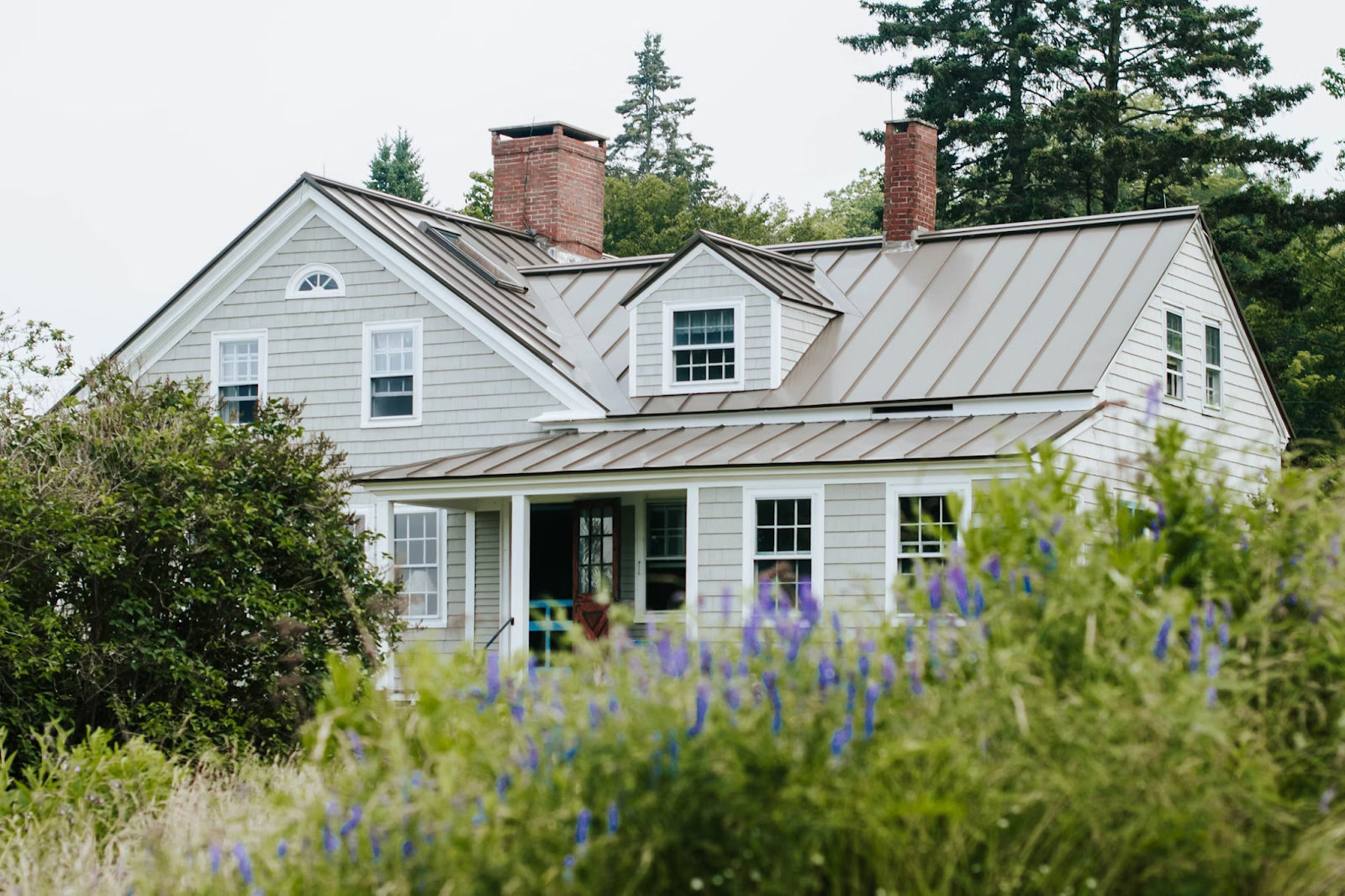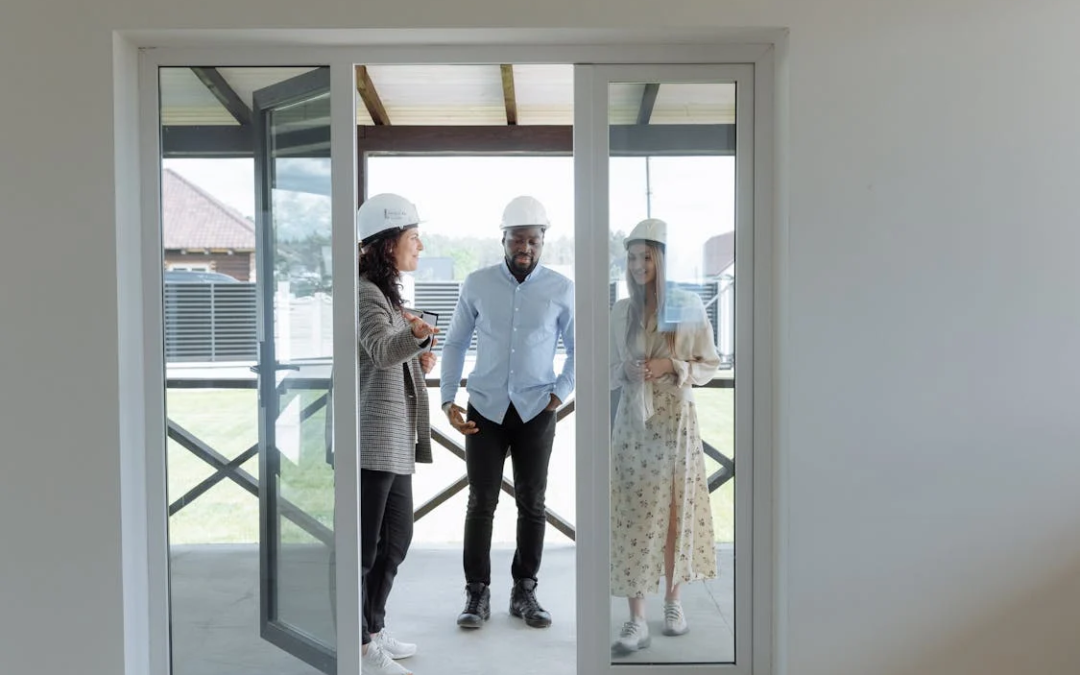When buying or selling a home, contractors play a crucial role in ensuring the property is safe and up to standard. Home inspections are vital to identifying any issues that could compromise the safety or overall quality of the structure. Understanding what contractors look for during these inspections can help you make informed decisions about repairs, upgrades, or negotiations. Here are the key areas contractors focus on during a home inspection for safety and quality.
Roof Condition
The roof is another critical area for contractors to assess. They will check for signs of wear and tear, such as missing shingles, cracks, or sagging. A compromised roof can lead to leaks, water damage, and mold growth, which can affect both the safety and quality of your home. For safety and quality, expert roof inspections can identify potential issues early, preventing costly repairs and ensuring the structural integrity of your home. Contractors will also examine the roof’s ventilation and insulation to ensure it’s performing effectively.
Structural Integrity
One of the first things contractors examine during a home inspection is the structural integrity of the building. This includes checking the foundation, load-bearing walls, beams, and columns. Cracks in the foundation or walls can indicate serious issues, such as settling, water damage, or poor construction. Contractors will look for signs of shifting or sinking, which could compromise the safety of the home. A sound structure ensures the house can withstand environmental pressures and remains stable over time.
Electrical Systems
Electrical safety is a top priority during a home inspection. Contractors will check the wiring, outlets, circuit breakers, and electrical panels to ensure everything is up to code. Faulty wiring or outdated electrical systems can pose serious fire risks, especially in older homes. Contractors will also look for signs of improper installation or modifications that could affect the functionality or safety of the electrical system. Ensuring that your electrical system is properly maintained not only improves safety but also ensures compliance with current regulations.
Wiring Condition
Contractors will examine all visible wiring to ensure there are no exposed or frayed wires. Any wires that are worn out or improperly insulated can pose a significant safety hazard, potentially causing electrical shocks or fires. They will also check for signs of rodent damage, which can be common in older homes or attics, where animals may chew on wires, leading to dangerous malfunctions. Proper wiring is essential for the safe and efficient operation of your electrical systems.
Outlets and Switches
During an inspection, contractors will test the outlets and switches to ensure they are properly grounded and functioning. Old or damaged outlets can be a fire hazard, especially if they show signs of scorching or buzzing. They will also check for outdated or mismatched outlets that don’t meet modern standards, such as two-prong outlets, which lack grounding. Upgrading outlets to GFCI (Ground Fault Circuit Interrupter) models is also often recommended in kitchens, bathrooms, or areas with high moisture levels.
Plumbing Systems
Inspecting plumbing systems is essential to avoid water damage and costly repairs. Contractors will look for leaks in pipes, signs of corrosion, and water pressure issues. They’ll check faucets, drains, and toilets for functionality and inspect the water heater for signs of wear. Any small leaks or clogs can lead to significant damage over time, so it’s crucial to ensure your plumbing system is in good condition. Contractors will also inspect the pipes for any materials that may not meet current safety standards, such as lead pipes in older homes.
HVAC Systems
Heating, ventilation, and air conditioning (HVAC) systems are vital to the comfort and air quality of a home. Contractors will examine the HVAC system to ensure it’s operating efficiently and safely. They’ll check for any signs of malfunction, such as poor airflow, strange noises, or inconsistent temperatures. Contractors will also inspect the system for cleanliness and signs of neglect, which can lead to poor indoor air quality and higher energy costs. Regular maintenance and timely repairs to the HVAC system can prolong its life and improve the overall quality of your home.
Safety Features
Safety features like smoke detectors, carbon monoxide detectors, handrails, and security systems are also thoroughly inspected. Contractors will ensure that smoke and carbon monoxide detectors are in working order, properly installed, and up to code. They will check for the presence of handrails on stairs and balconies and inspect them for sturdiness. The presence of well-maintained safety features ensures that your home is not only functional but also safe for its occupants. Contractors will make recommendations for upgrades or repairs where necessary to maintain the highest safety standards. As a side note, they will recommend the family that will live on the premises to get CPR training Calgary, to learn how to handle unexpected emergencies.

A home inspection by a contractor is a thorough process that goes far beyond a simple walk-through. By paying attention to key areas like structural integrity, roofing, electrical systems, plumbing, HVAC, and safety features, contractors ensure that your home is safe, functional, and up to modern standards. If you’re buying, selling, or renovating, understanding these key inspection points can help you make informed decisions and avoid costly surprises down the road.

Recent Comments